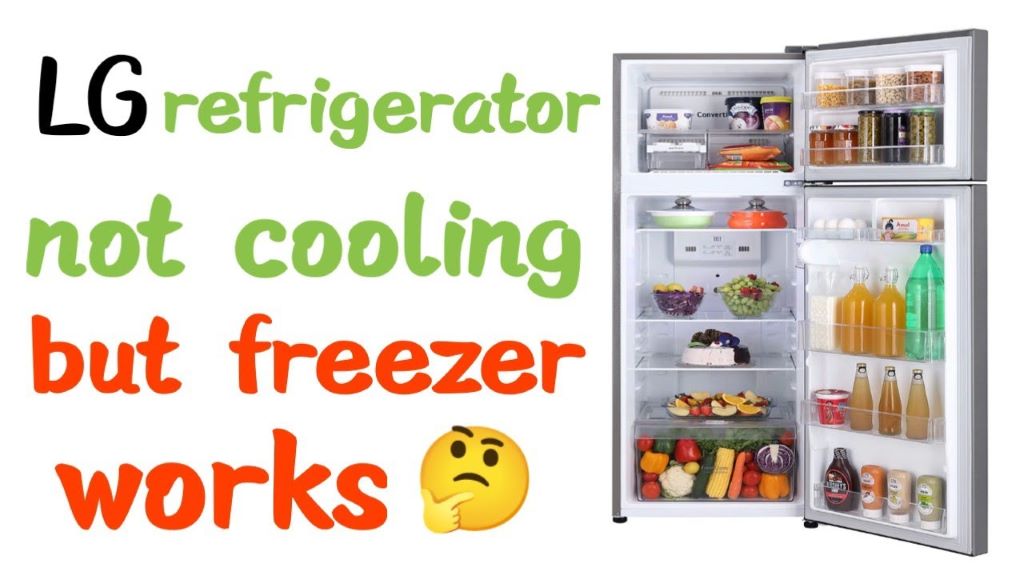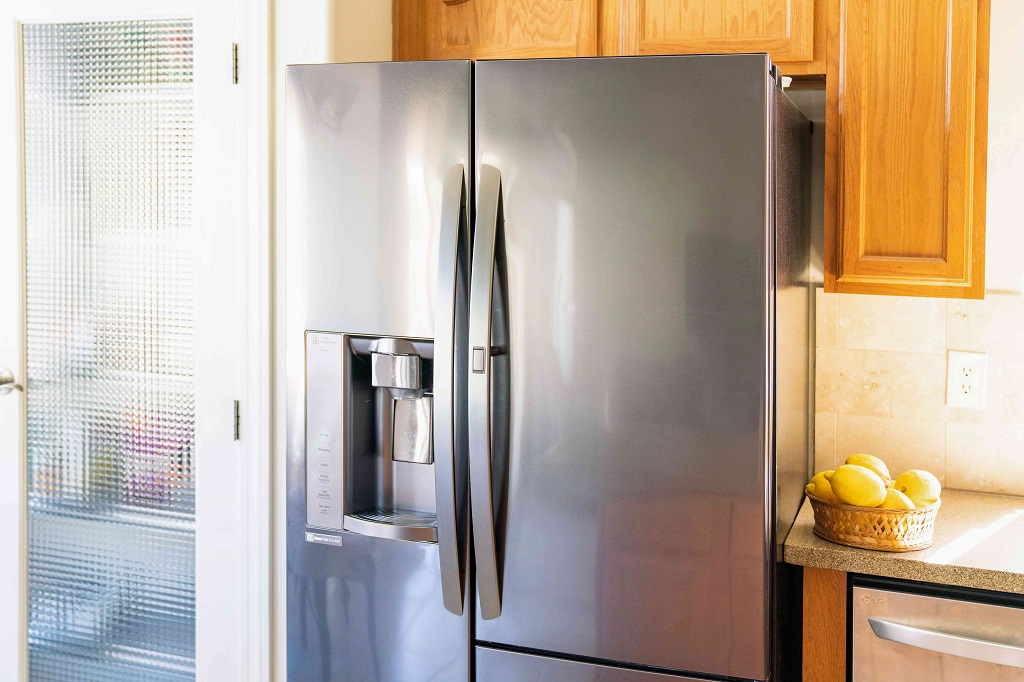
13 Aug Why is My LG Refrigerator Not Cooling but Freezer Works?
Are you facing the frustrating issue of your LG refrigerator not cooling while the freezer continues to work fine? It can be quite a perplexing situation, but fear not, as we delve into the possible reasons behind this problem and explore some potential solutions. In this article, we will discuss the common causes of a malfunctioning refrigerator, offer troubleshooting tips, and provide insights to help you resolve the issue and restore the cooling functionality to your LG refrigerator.
Understanding the Problem
Before we dive into the troubleshooting process, it’s essential to understand why your LG refrigerator may experience cooling issues while the freezer remains functional. The refrigerator and freezer compartments in most modern refrigerators operate independently, with separate cooling systems. Therefore, a problem in one compartment does not necessarily affect the other. This differentiation between the two compartments is crucial in diagnosing the root cause of the cooling problem. Find out how do you fix a warm fridge and cold freezer.
Blocked or Restricted Airflow
One possible reason for your LG refrigerator not cooling could be blocked or restricted airflow. Over time, dust, debris, or food particles can accumulate in the air vents or condenser coils, obstructing the flow of air. When the airflow is restricted, the refrigerator fails to cool adequately. To address this issue, you can follow these steps:
- Unplug the refrigerator and locate the air vents and condenser coils.
- Clean the vents and coils using a vacuum cleaner or a soft brush to remove any accumulated debris.
- Ensure that there are no obstructions near the refrigerator, such as furniture or other appliances, that might impede proper airflow.
Faulty Evaporator Fan Motor
The evaporator fan motor plays a crucial role in circulating cool air throughout the refrigerator. If the fan motor malfunctions or stops working altogether, it can result in a lack of cooling in the refrigerator compartment. Here’s what you can do to address this issue:
- Open the refrigerator door and locate the evaporator fan motor, usually situated behind a panel at the back of the freezer compartment.
- Check if the fan motor is running. If it’s not, you may need to replace the motor.
- Consult the user manual or contact LG’s customer support for guidance on replacing the fan motor.
Damaged or Faulty Thermostat
A faulty thermostat can also be a culprit behind the cooling problem in your LG refrigerator. The thermostat is responsible for regulating the temperature inside the refrigerator. If it becomes damaged or fails to function correctly, the refrigerator may not cool as it should. Consider the following steps to troubleshoot this issue:
- Locate the thermostat control knob or digital temperature control panel.
- Set the temperature to the lowest setting and wait for a few hours to see if the refrigerator begins cooling.
- If there’s no change, try turning the thermostat to the highest setting and observe any changes in cooling.
- If the temperature doesn’t change in response to adjustments, there may be an issue with the thermostat that requires professional repair or replacement.
Insufficient Refrigerant Levels
Refrigerant is the substance responsible for absorbing and dissipating heat, facilitating the cooling process in refrigerators. If your LG refrigerator has insufficient refrigerant levels due to a leak or other factors, it can result in inadequate cooling. Handling refrigerant requires expertise, so it’s advisable to seek professional assistance to diagnose and resolve this problem.
Conclusion
Experiencing a situation where your LG refrigerator’s freezer works, but the refrigerator compartment fails to cool can be frustrating. However, by understanding the possible causes and following the troubleshooting steps mentioned in this article, you can identify and resolve the issue. Remember to unplug the refrigerator before attempting any repairs or inspections. If you’re unsure or uncomfortable with the troubleshooting process, consider contacting LG’s customer support or a professional technician. Additionally, if you’re also concerned about energy efficiency, you might be interested in learning about appliances that save electricity, such as washers. Keep in mind that energy-efficient appliances play a crucial role in reducing your electricity consumption and saving on utility bills.
FAQs (Frequently Asked Questions)
- Can a malfunctioning compressor cause the refrigerator not to cool?
Yes, a malfunctioning compressor can indeed lead to cooling issues in the refrigerator compartment. If the compressor fails to pump refrigerant properly, it can affect the cooling performance. It’s advisable to consult a professional technician to diagnose and repair compressor-related problems.
- What should I do if my LG refrigerator is still under warranty?
If your LG refrigerator is still under warranty, it’s best to contact LG’s customer support or service center. They can provide guidance and assistance in resolving the cooling problem and may offer warranty coverage for necessary repairs or replacements.
- How often should I clean the condenser coils?
It’s recommended to clean the condenser coils at least once or twice a year to ensure optimal cooling performance. However, if you have pets or live in a dusty environment, more frequent cleaning may be necessary.
- Can leaving the refrigerator door open affect cooling?
Leaving the refrigerator door open for an extended period can impact the cooling efficiency. When the door is open, warm air enters the refrigerator, causing the cooling system to work harder to maintain the desired temperature. Make sure to close the door promptly and avoid unnecessarily long periods of open-door time.
- Is it worth repairing an old refrigerator with cooling issues?
The decision to repair or replace an old refrigerator depends on various factors, including the age of the appliance, cost of repairs, and energy efficiency. If the repairs are costly and the refrigerator is significantly outdated, it may be more cost-effective in the long run to invest in a new, energy-efficient model.


No Comments